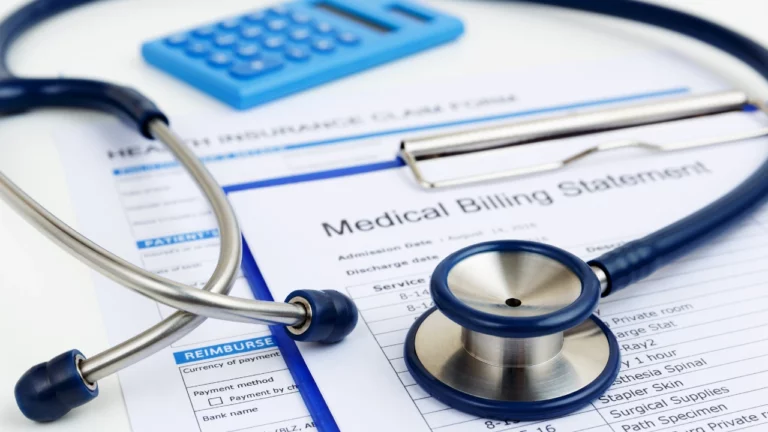Depression is a frequent and dangerous medical condition that has a negative impact on how you feel, think, and act. Depression produces unhappiness or a loss of interest in previously appreciated activities. It can cause a variety of mental and physical issues, as well as a reduction in your capacity to operate at work and home. Here are the three benefits of remote patient monitoring for people with depression:
Improves Symptom Monitoring
Most symptoms, such as those involving feelings and cognitions, are best measured through subjective patient self-report. Tracking symptoms with physiological or functional characteristics can provide objective data. These symptoms are typically assessed subjectively but can also be tracked objectively.
Sensors on cellphones, digital weight scales, health wearable devices currently track many of these parameters invisibly. A major depressive episode is characterized by significant weight loss/change in appetite, sleep difficulties, psychomotor agitation/retardation, and fatigue/loss of energy. These symptoms might be tracked using objective metrics such as monitoring activity, weight, nutrition, and sleep data to supplement the existing subjective methods. Moreover, depression can be assessed for physiological response, which may be measured objectively by measuring heart rate, temperature, and heart rate variability.
These same objective data points could also be utilized to investigate symptoms of depressive disorders. It’s also crucial to get the length, frequency, and intensity of these symptoms right. While the subjective recollection of symptoms can be inaccurate, devices can offer months of historical data to demonstrate trends in active symptoms and periods of remission, allowing for a more accurate diagnosis.
Improves Outcome Measure
While remote monitoring may not be appropriate for all psychiatric patients and conditions, it can assist patients with depression by keeping patients engaged while physical distancing measures are in place and establishing objective data as a more significant element of mental health care.
Clinicians can increase diagnostic consistency and quality of care with the help of remote patient monitoring programs by incorporating subjective and objective data, especially in value-based models. Emotional biases would be challenged by accurate statistics, which would provide more tangible evidence of the patient’s actual functioning. Providers would be motivated to improve care coordination because they would better understand the patient’s daily activities and objective data with which to create more individualized therapies. Patients would be better able to advocate for themselves if they had a better understanding of the evidence.
Promotes Individualized Care
Remote patient monitoring allows clinicians to create a customized monitoring plan that will enable them to track depression and other comorbidities that the patient has. The monitoring plan consists of regularly planned health activities that teach patients to recognize and manage early signs of depression. Patients learn about the causes and effects of adopting healthier behaviors by participating in healthy activities. This allows patients to understand better, control signals and symptoms, and know when to seek care, giving them confidence in their health.
Patients with depression willingly take control of their own healthcare when given the skills to do so through remote patient monitoring programs. Learning and practicing healthy habits through interactive health activities via remote patient monitoring programs helps people understand their health situations better. Remote patient monitoring also encourages patients to take charge of their healthcare.
Read more:








